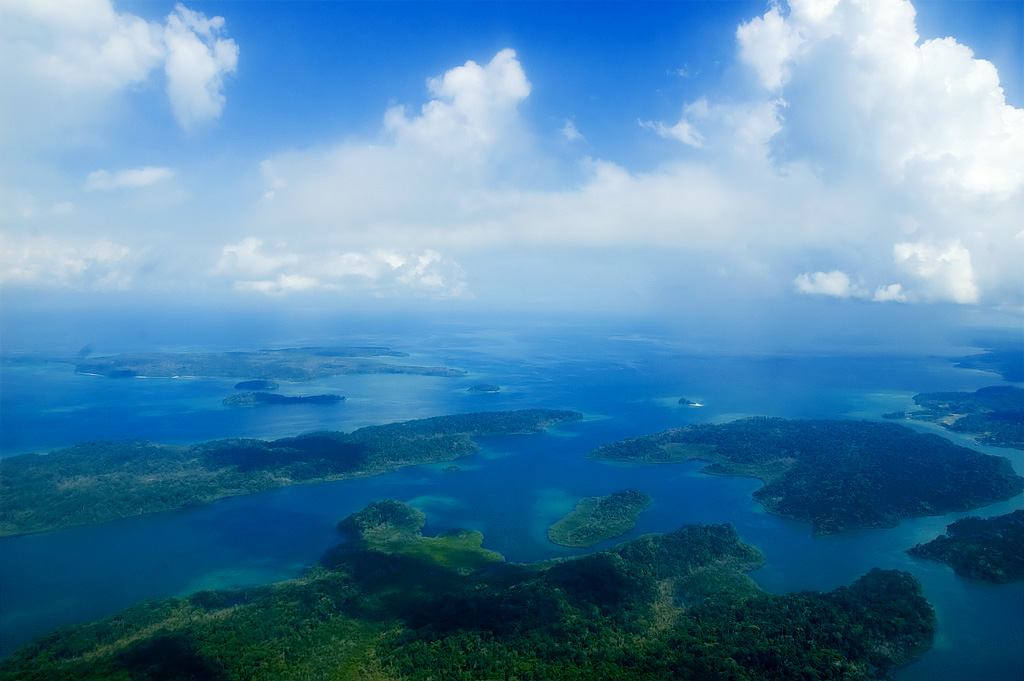
Deadly drug-resistant hospital pathogen identified in Andaman

Indian researchers have for the first time identified a deadly hospital pathogen, the Candida Auris, in the environment off the coast of South Andaman district in the Andaman & Nicobar Islands, a media report said.
A joint study was carried out by the Vallabhbhai Patel Chest Institute, Delhi in collaboration with the Department of Ocean Studies and Marine Biology, Pondicherry University.
Candida Auris, or C.auris, is a multidrug resistant pathogen that presents “a serious global threat to human health,” according to the US Centers for Disease Control and Prevention, The Indian Express reported.
The study has for the first time established that the fungus is found in tropical marshes and marine environments, outside hospital environments. It sampled coastal wetlands, including rocky shores, sandy beaches, tidal marshes, and mangrove swamps around the Andaman group of islands.
The pathogen causes nosocomial transmission, contracted because of an infection or toxin that exists in a certain location, such as a hospital. Such infections are interchangeably used with the terms health-care associated infections (HAIs) and hospital-acquired infections.
According to a study by BMC, which shares discoveries from research communities in science, technology, engineering and medicine, an outbreak of C. auris was reported in a London cardio-thoracic center between April 2015 and July 2016. This was the first report of C. auris in Europe and the largest outbreak.
Also read: “National Medical Commission will bring great transparency,” says PM Modi
First identified in 2009 in a patient in Japan, the fungus has surfaced in more than 40 countries across five continents in the last decade. Being an emerging pathogen, very little is known about the fungus so far. The study, carried out by the Vallabhbhai Patel Chest Institute, has for the first time established that the fungus is found in tropical marshes and marine environments, outside hospital environments.
The C.auris can be deadly for immune-compromised patients. While incidence of patients dying from this fungal infection has been found to be higher in other countries, its prevalence is less in Indian hospitals. But the research has found presence of the fungal infection in patients in ICUs across the country. The fungus is deadly when it enters the bloodstream, or inhabits the body of a patient suffering from a serious disease.
Also read: Researchers define immune system’s requirements for protection against COVID


